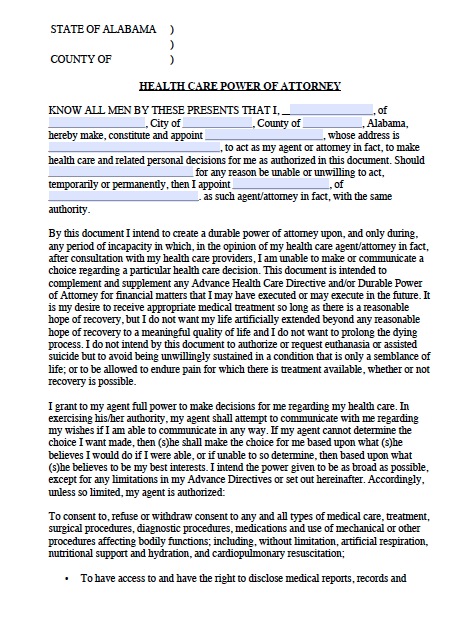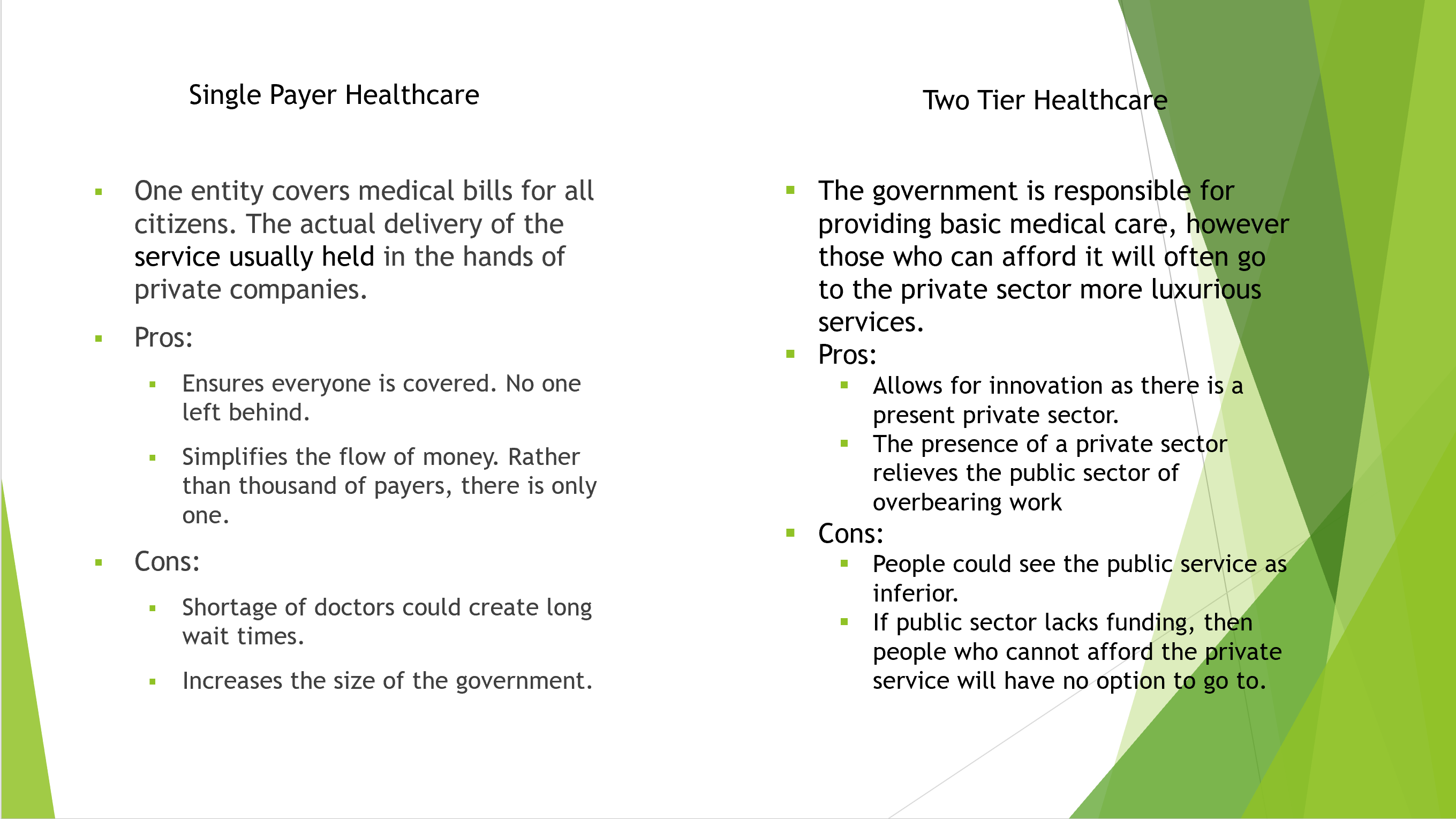The concern can, nevertheless, be asked: how does universal health care ended up being affordable in poor nations? Undoubtedly, how has UHC been afforded in those nations or states that have run against the extensive and entrenched belief that a bad nation must initially grow abundant before it is able to satisfy the expenses of health care for all? The supposed common-sense argument that if a country is bad it can not supply UHC is, nevertheless, based on crude and faulty economic reasoning.
A bad nation may have less cash to spend on health care, however it likewise requires to invest less to supply the exact same labour-intensive services (far less than what a richerand higher-wageeconomy would need to pay). Not to take into account the implications of big wage differences is a gross oversight that distorts the conversation of the cost of labour-intensive activities such as healthcare and education in low-wage economies.
Offered the extremely unequal distribution of earnings in lots of economies, there can be serious inefficiency along with https://titusfike522.edublogs.org/2021/01/31/5-easy-facts-about-how-much-is-health-care-explained/ unfairness in leaving the circulation of health care completely to individuals's particular capabilities to purchase medical services. UHC can cause not just greater equity, however also much bigger general health achievement for the country, considering that the remedying of much of the most quickly curable diseases and the prevention of readily preventable conditions get neglected under the out-of-pocket system, because of the inability of the poor to manage even extremely primary health care and medical attention.
This is not to reject that treating inequality as much as possible is an essential valuea topic on which I have actually edited lots of years. Decrease of economic and social inequality also has important significance for great health. Conclusive evidence of this is provided in the work of Michael Marmot, Richard Wilkinson and others on the "social determinants of health", revealing that gross inequalities hurt the health of the underdogs of society, both by weakening their lifestyles and by making them prone to harmful behaviour patterns, such as smoking cigarettes and excessive drinking.
Rumored Buzz on What Might Happen If The Federal Government Makes Cuts To Health Care Spending?
Healthcare for all can be executed with relative ease, and it would be a pity to delay its achievement up until such time as it can be integrated with the more complex and tough objective of eliminating all Addiction Treatment inequality. Third, numerous medical and health services are shared, instead of being solely used by each individual individually.
Health care, thus, has strong elements of what in economics is called a "cumulative good," which usually is really inefficiently allocated by the pure market system, as has been extensively talked about by financial experts such as Paul Samuelson. Covering more individuals together can sometimes cost less than covering a smaller sized number separately (what is health care).

Universal protection prevents their spread and cuts costs through better epidemiological care (what does a health care administration do). This point, as used to individual regions, has actually been acknowledged for an extremely long time. The conquest of epidemics has, in reality, been attained by not leaving anybody unattended in regions where the spread of infection is being tackled.

Today, the pandemic of Ebola is causing alarm even in parts of the world far away from its location of origin in west Africa. For instance, the United States has taken numerous costly steps to avoid the spread of Ebola within its own borders. Had there worked UHC in the native lands of the disease, this issue might have been mitigated or perhaps eliminated.
How Much Money Do Home Health Care Agencies Make Can Be Fun For Everyone
The calculation of the supreme financial costs and benefits of health care can be an even more complex process than Look at more info the universality-deniers would have us think. In the lack of a fairly well-organised system of public health care for all, many individuals are afflicted by overpriced and ineffective personal healthcare (what does a health care administration do). As has been evaluated by many financial experts, most significantly Kenneth Arrow, there can not be an educated competitive market stability in the field of medical attention, because of what economic experts call "asymmetric information".
Unlike in the market for lots of products, such as t-shirts or umbrellas, the buyer of medical treatment understands far less than what the seller the doctordoes, and this vitiates the effectiveness of market competition. This applies to the market for health insurance also, since insurance provider can not totally understand what clients' health conditions are.
And there is, in addition, the much bigger problem that private insurance coverage companies, if unrestrained by guidelines, have a strong financial interest in omitting clients who are required "high-risk". So one way or another, the government has to play an active part in making UHC work. The issue of asymmetric information applies to the shipment of medical services itself.
And when medical personnel are limited, so that there is not much competitors either, it can make the dilemma of the buyer of medical treatment even worse. In addition, when the service provider of healthcare is not himself skilled (as is frequently the case in many nations with deficient health systems), the situation ends up being even worse still.
Getting The What Purpose Does A Community Health Center Serve In Preventive And Primary Care Services? To Work
In some countriesfor example Indiawe see both systems running side by side in various states within the nation. A state such as Kerala provides relatively dependable standard health care for all through public servicesKerala originated UHC in India several years earlier, through extensive public health services. As the population of Kerala has grown richerpartly as an outcome of universal health care and near-universal literacymany people now choose to pay more and have extra private healthcare.
On the other hand, states such as Madhya Pradesh or Uttar Pradesh offer abundant examples of exploitative and ineffective healthcare for the bulk of the population. Not remarkably, people who live in Kerala live a lot longer and have a much lower incidence of preventable diseases than do people from states such as Madhya Pradesh or Uttar Pradesh.
In the lack of methodical take care of all, diseases are typically permitted to develop, that makes it much more expensive to treat them, often involving inpatient treatment, such as surgery. Thailand's experience plainly demonstrates how the need for more costly treatments may go down sharply with fuller coverage of preventive care and early intervention.
If the advancement of equity is one of the benefits of well-organised universal health care, improvement of performance in medical attention is definitely another. The case for UHC is often underestimated because of insufficient gratitude of what well-organised and inexpensive healthcare for all can do to enrich and enhance human lives.
What Does Why Are Health Care Costs Continuing To Rise Do?
In this context it is also essential to remember a crucial tip consisted of in Paul Farmer's book Pathologies of Power: Health, Person Rights and the New War on the Poor: "Claims that we live in an age of restricted resources stop working to discuss that these resources occur to be less limited now than ever prior to in human history.
Reduction of economic hardship happens partly as an outcome of the greater performance of a healthy and educated population, leading to higher salaries and larger benefits from more efficient work, but likewise since UHC makes it less most likely that susceptible, uninsured people would be made destitute by medical expenses far beyond their ways.
